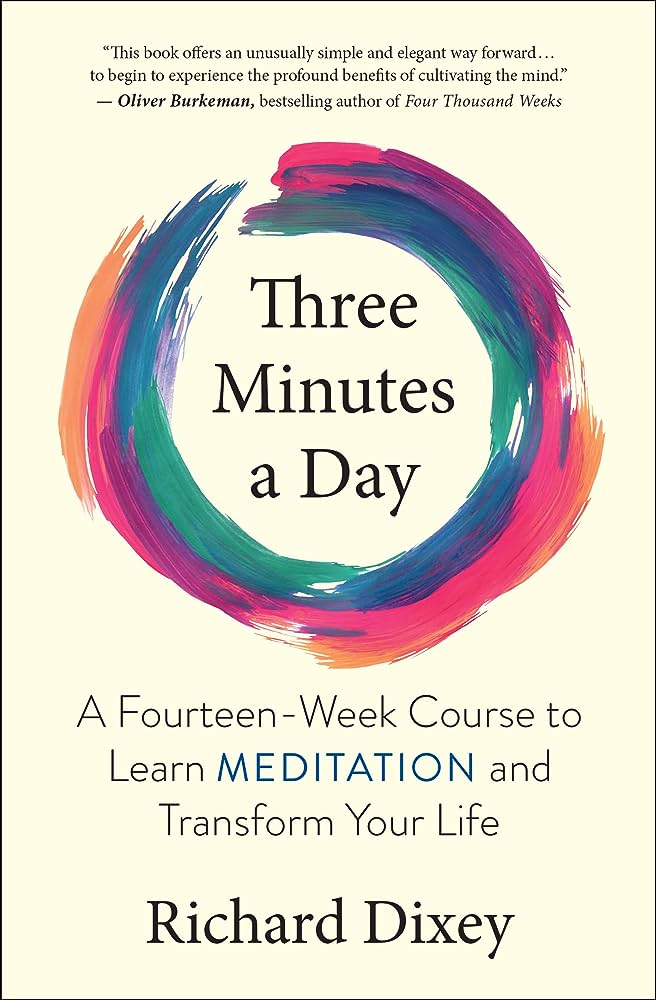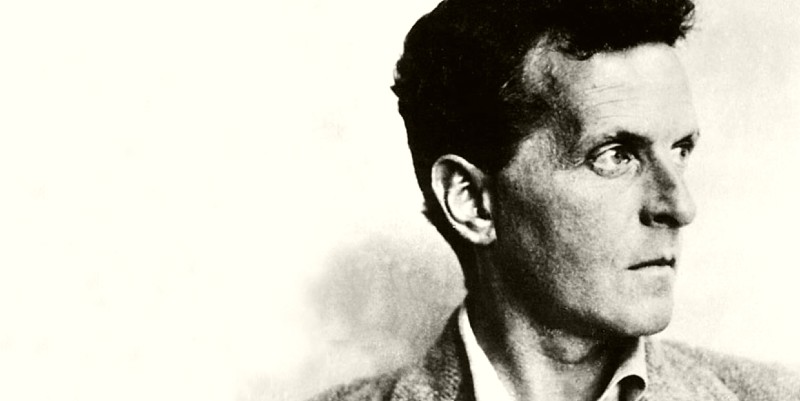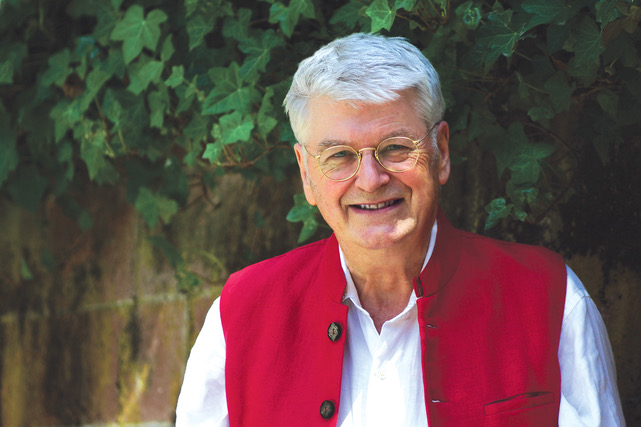“Within the great meditation traditions of Asia there is a trilogy they talk about: They say you should study, meditate, and then contemplate.”
When our recent guest, Richard Dixey, was a teenager he began to contemplate the idea that we each individually look at the world our own way. He wondered if there was a correct way to view the world, which may mean all of us are wrong.
“That was the question which started me down a road of personal exploration. I was a student at university trying to understand this. I had been scientifically trained to believe there is only one world and humans are merely objects living a meaningless existence. This always felt inadequate to me.”
Richard had rich inner experiences himself, leading him on a quest to understand the fundamental, primary school stuff of being human beyond the laws of physics.
His new book, Three Minutes A Day teaches readers to learn how to live life in a meaningful way.

“It’s really incredibly simple. The only actual experience we have, ever have, or ever could have are the inputs from our 5 senses or are our thoughts and imaginations.”
Richard Dixie, Ph.D is a senior faculty member at Dharma College in California. He holds advanced degrees in biophysics and the history and philosophy of science. He’s a research scientist and lifelong student of Buddhism, founder of the Buddha Dharma Foundation, and devoted to meditation.
Richard teaches that anything beyond our 5 senses, thoughts, and imagination is an inference.
Inference: an assertion based upon one piece of evidence that makes you think there must be another one.
For instance, we see smoke and think there must be fire.

“We all have two eyes, and they make a perspectival model of the world. We don’t receive a three dimensional model of the world at all; we get two slightly overlapping flat images from which we make that model.
In exactly the same way, we have two ears. Differences in sounds enable us to work out where sounds are coming from. We’re making a model.”
Richard explains we’re living in a map; a construct which is an inference, a best guess of the world around us. Our whole experience comes from our 5 senses, thoughts, and imaginations.
“Fundamentally, we are making a world. Meditation begins that realization and is the thing from which everything else comes.”
When something appears in our 5 senses, thoughts, and imaginations, we have a mechanism that re-cognizes it. I’ve seen that before; I know what that is; I know what to do.
Richard brought new life to the word UNDERSTAND

“UNDERSTAND is one of those English words that’s really interesting. TO STAND UNDER IT. By standing under our cognitive apparatus, we might be able to work out how we are making the world, and what influences are affecting the way we make the world.”
Richard went on to explain:
“The problem with most people’s lives is reflexive reactivity. That’s to say they’re being pulled this way and that by things they want and things they don’t. That lack of control of our attention is the fundamental element of stress in modernity.”
Despite dramatic improvements in the lives of human beings, we are feeling less and less happy. This is where meditation starts becoming intensely useful, according to Richard.
“There are two parts to our attention. There’s adverting, which is the ability to concentrate. And then there’s savoring.”
Lifting a cup of coffee to your lips is adverting. Tasting the coffee is savoring. Richard began to realize that this was a gateway to building our world. He founded Dharma College and taught the wisdom of Asian lineages.
“I realized the way meditation is normally presented is as if it was being taught to a monk living in robes in the fourth century for whom sitting an hour in meditation is normal. We could take these teachings and compress them into a three-minute approach. We start adverting concentration using a burning candle and watching the flame.”

The second exercise is to hit a bell and listen to the fading sound as it goes to silence. That’s savoring concentration.
“Gradually over the course of three minutes a day you’ll find yourself able to hold a savoring concentration without an object at all. You can literally listen to silence.”
Richard’s hope is that meditation will open the door for people to become connoisseurs of their own experience building their world.
“It’s actually more fundamental than reading, writing, walking, anything. It is the most fundamental life skill, and it leads to a discovery of meaning in a very surprising place. If you don’t know this you actually really don’t know who you are. That fundamental ignorance leads to terrible consequences. People end up making very bad decisions without knowing why.”

The German philosopher, Wittgenstein said the aim of philosophy is to free our natural intelligence from its bewitchment by language.
“There it is. We’re being bewitched because our world model is made of words. Everything is named.”
In our language, Richard notes the extraordinary pairing of COGNITION and RE-COGNITION.
Learning something the first time is cognition. When we re-cognize (we would say recognize) we have redone our cognition, informed by our memory.
“It takes about a quarter of a second to recognize something, and in that quarter of a second we name it. We also ascribe to it statements such as I like, I don’t like. I want, I don’t want. This is good, this is bad. All that judgment comes along in our recognition. Which means the world we see is entirely individual.
If we don’t understand this, life will always be enigmatic. We will be fundamentally ignorant. Our job as human beings is to come back to our natural intelligence, our basic human goodness. We can use the map as an advisor, but never use it as the first response you make to anything because it is paranoid, and it comes from the past.”
The reason to meditate is because we, as human beings belong on the throne of our being. Richard’s book is a guide to help us do that in 3 minute meditations. There is an app which coordinates with the book and provides a timer.
…Water cuts through stone. Not by cutting hard, but by cutting, often.
In Richard’s book you’ll gradually become an object of cognition and think deliberately. You’ll be ready to study, meditate, and then contemplate.




Quick Links to our Social Media Sites